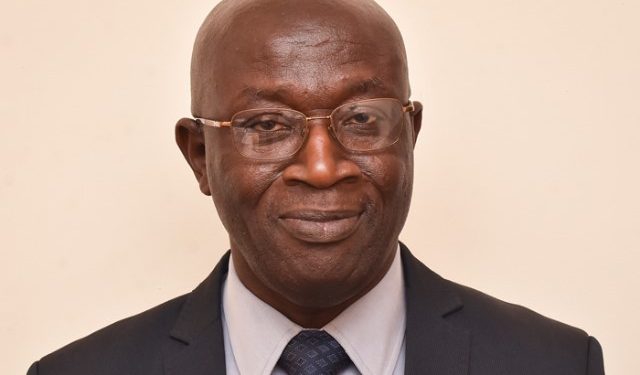*Government assigns reasons to the delay in switch to renewable energy
The switch from fossil fuel to renewable energy in the country’s energy mix has seen some reluctance on the part of government despite the acknowledgment of the enormous benefits to be enjoyed, particularly by industry.
In a webinar held by the International Institute for Sustainable Development (IISD) and the Natural Resource Governance Institute (NRGI) themed National Oil Companies roles in renewable energy and economic diversification, Professor Joe Amoako Tuffuor, Secretary to Ghana’s Economic Management Team (EMT) highlighted a number of reasons why it has become difficult for government to make the switch from fossil fuel to renewable energy.
According to Prof. Tuffour, notable among the many hindrances is the current 12 ‘Take or Pay’ contracts with Independent Power Producers (IPPs) that mandate government to pay for power it does not use.
He intimated that the high costs of the contracts to government is prohibiting government from switching to renewable energy despite the existence of legislation and government’s own desire to do so.
He made the argument that due to government’s commitments to settling the high costs of power generated by the IPPs, it is unable to incentivise and attract investments into the renewable energy as part of the country’s energy mix.
“Although we have the legislation to move into renewable per an Act was passed in 2011, due to the government’s commitments to IPPs, there is low incentive to attract investments into renewable. And this is because if government decides to move into renewable and use less of energy produced by IPPs which is backed by fossil fuel, it will still pay for the entire costs at the end of the day because of the ‘Take or Pay’ contracts [sic],’ he stated.
“So the challenge for us is how do you encourage people to invest in renewable? There is a huge fallout on this issue,” he added.
Speaking further, Prof. Tuffuor opined that Ghana faces the risk of disindustrilisation if a switch is not made to renewable energy.
“We are paying very high energy costs to IPPs, the cost of fossil fuel in our energy mix is extraordinarily high and that means high cost of energy for industry, the non-energy sector which is the manufacturing sector and others are paying high costs.”
“We face the risk of disindustrialisation, because how can you promote industrialisation in this circumstance? A lot of the pharmaceutical companies are relocating to other places because of high cost of energy,” he stated further.
Ghana’s current energy mix is hydropower, thermal and solar with solar energy projected to reach 10 percent of the energy mix by 2030.
The government has also revealed its intentions to add nuclear power to the country’s energy mix sometime in the future.







